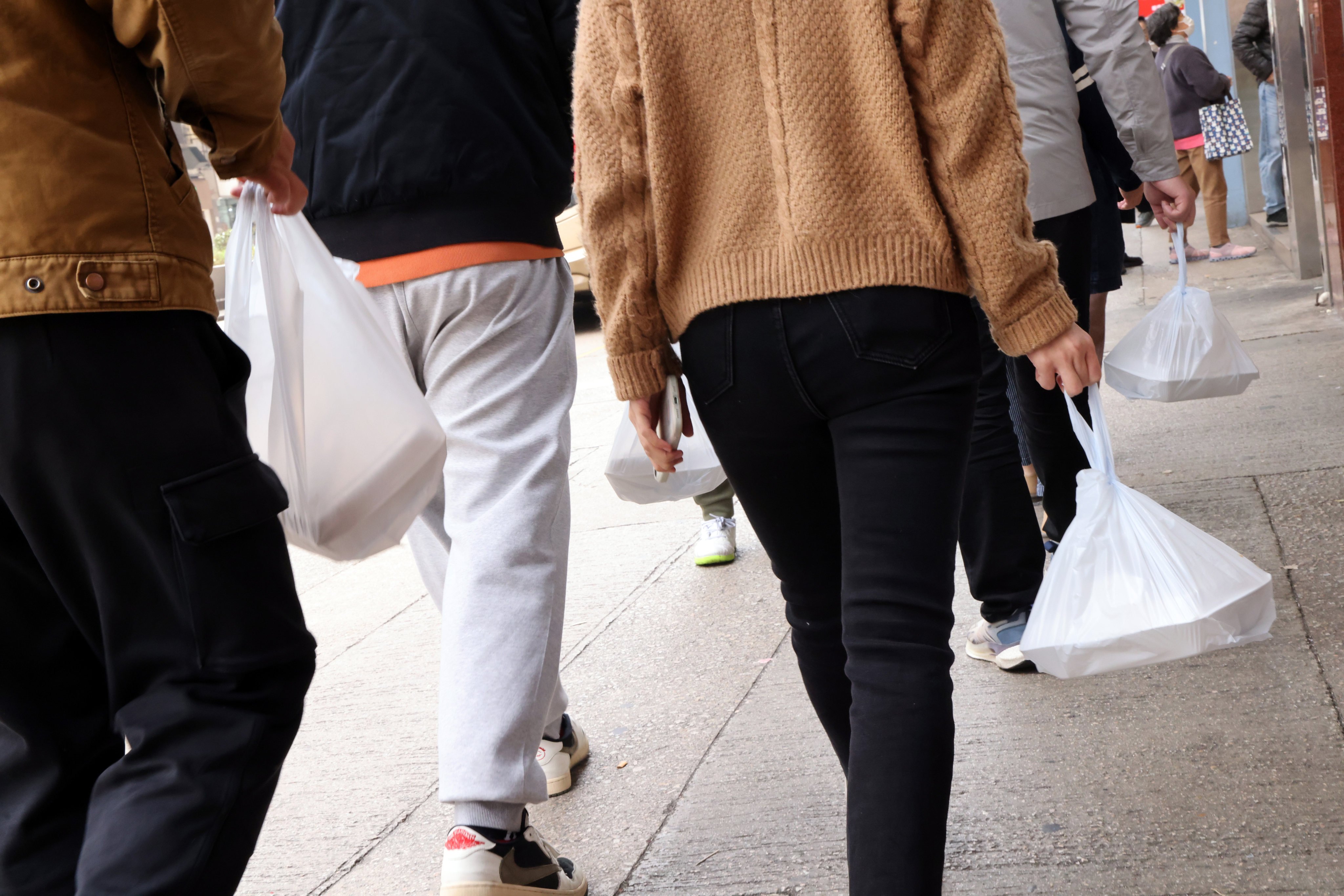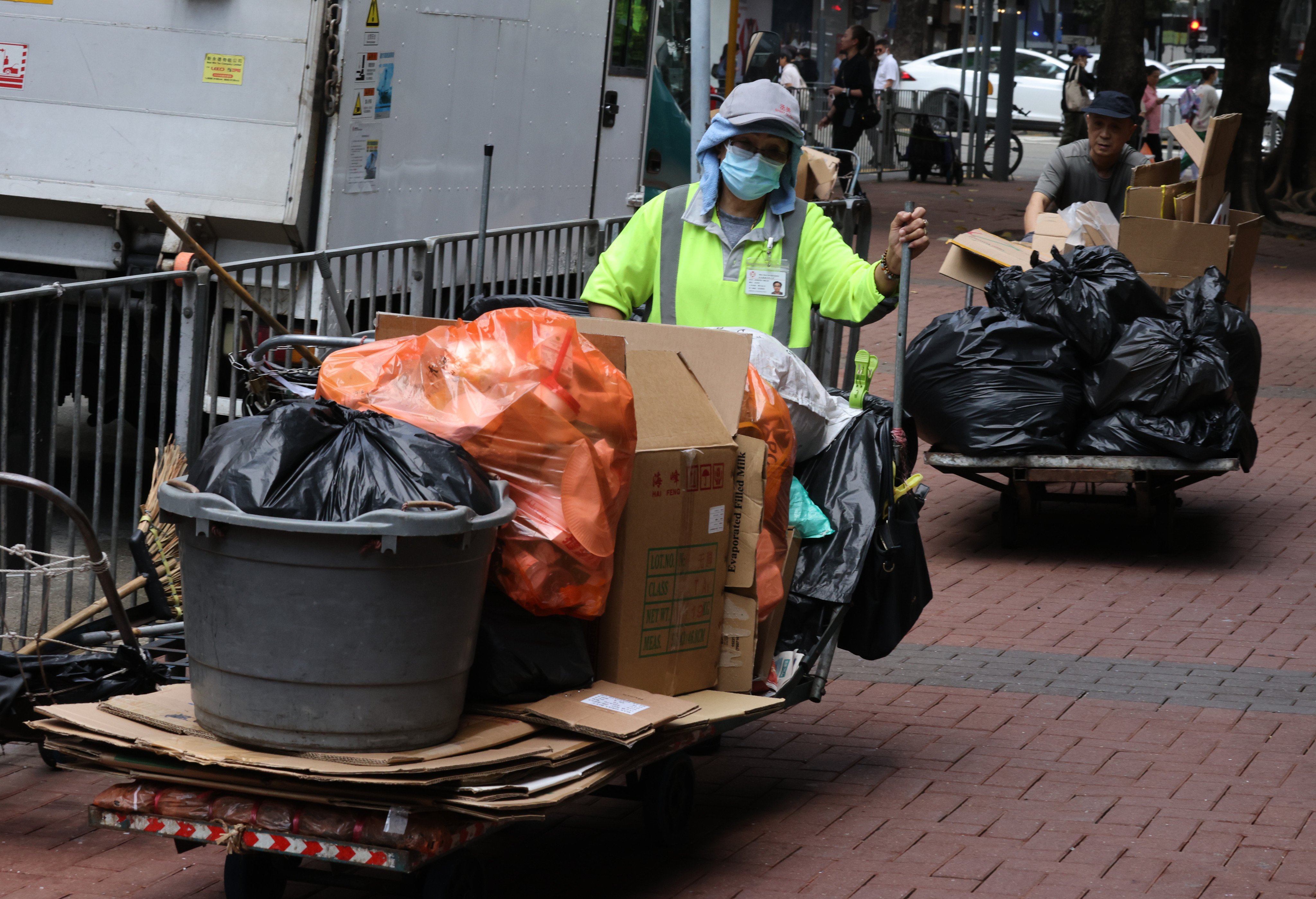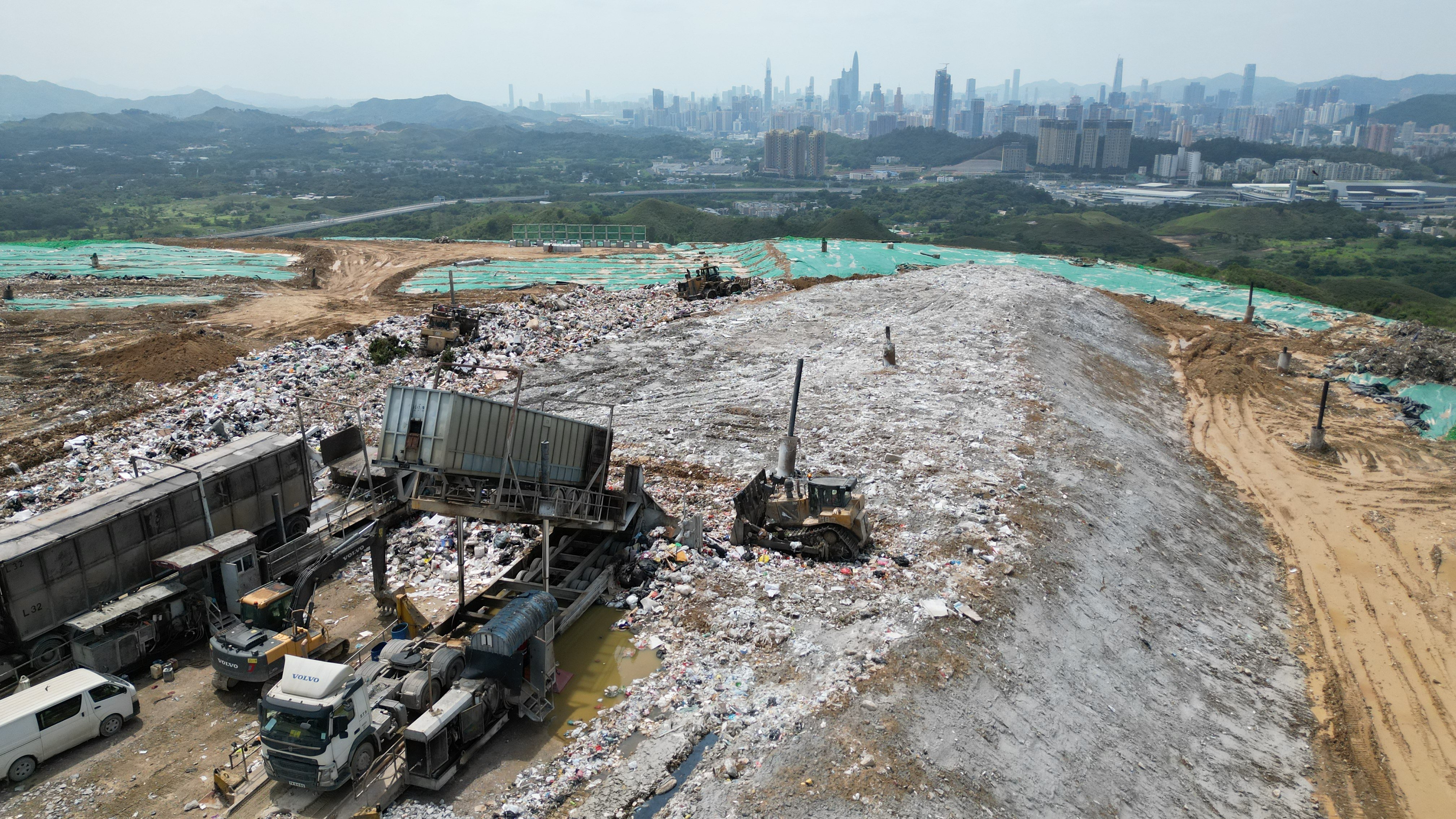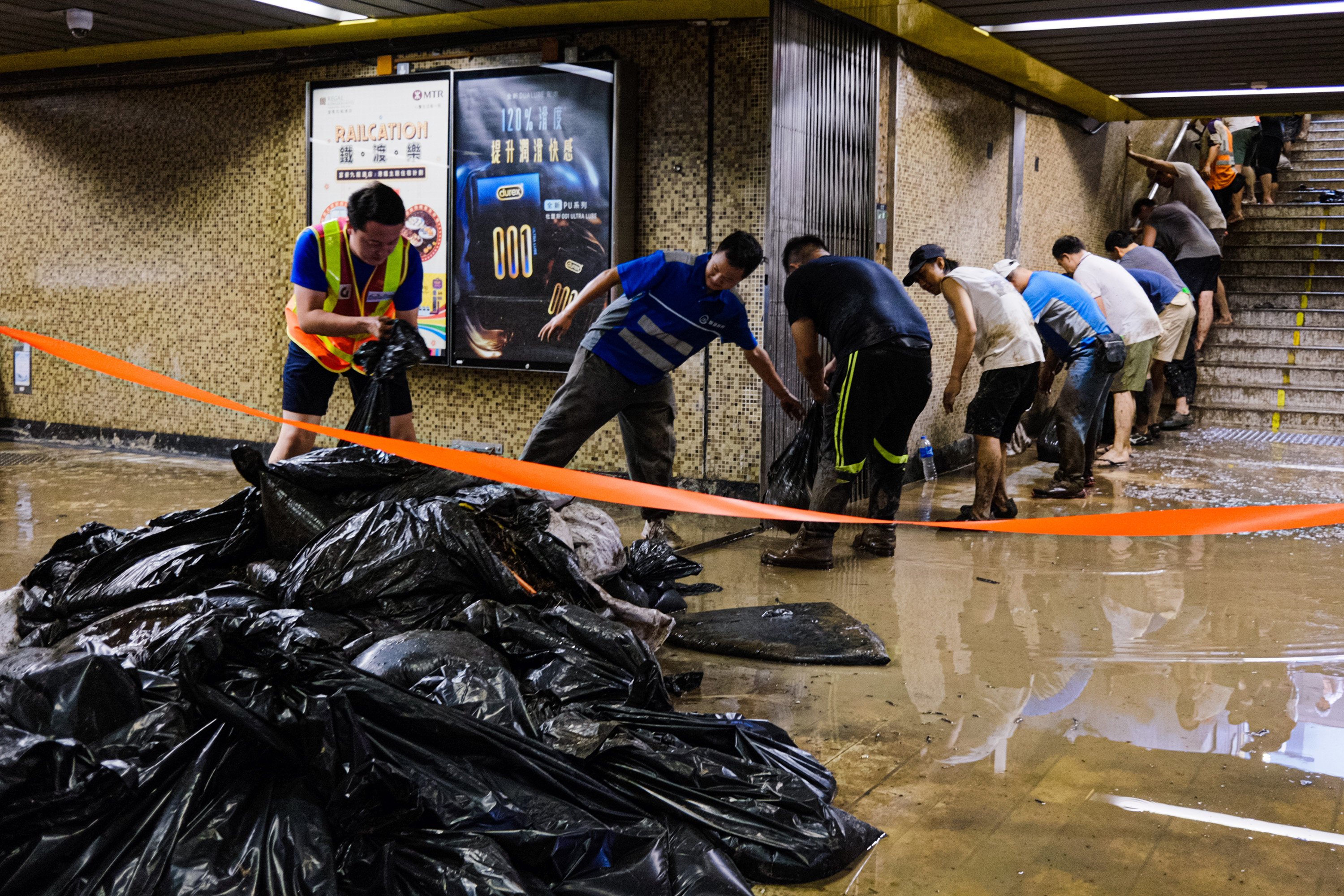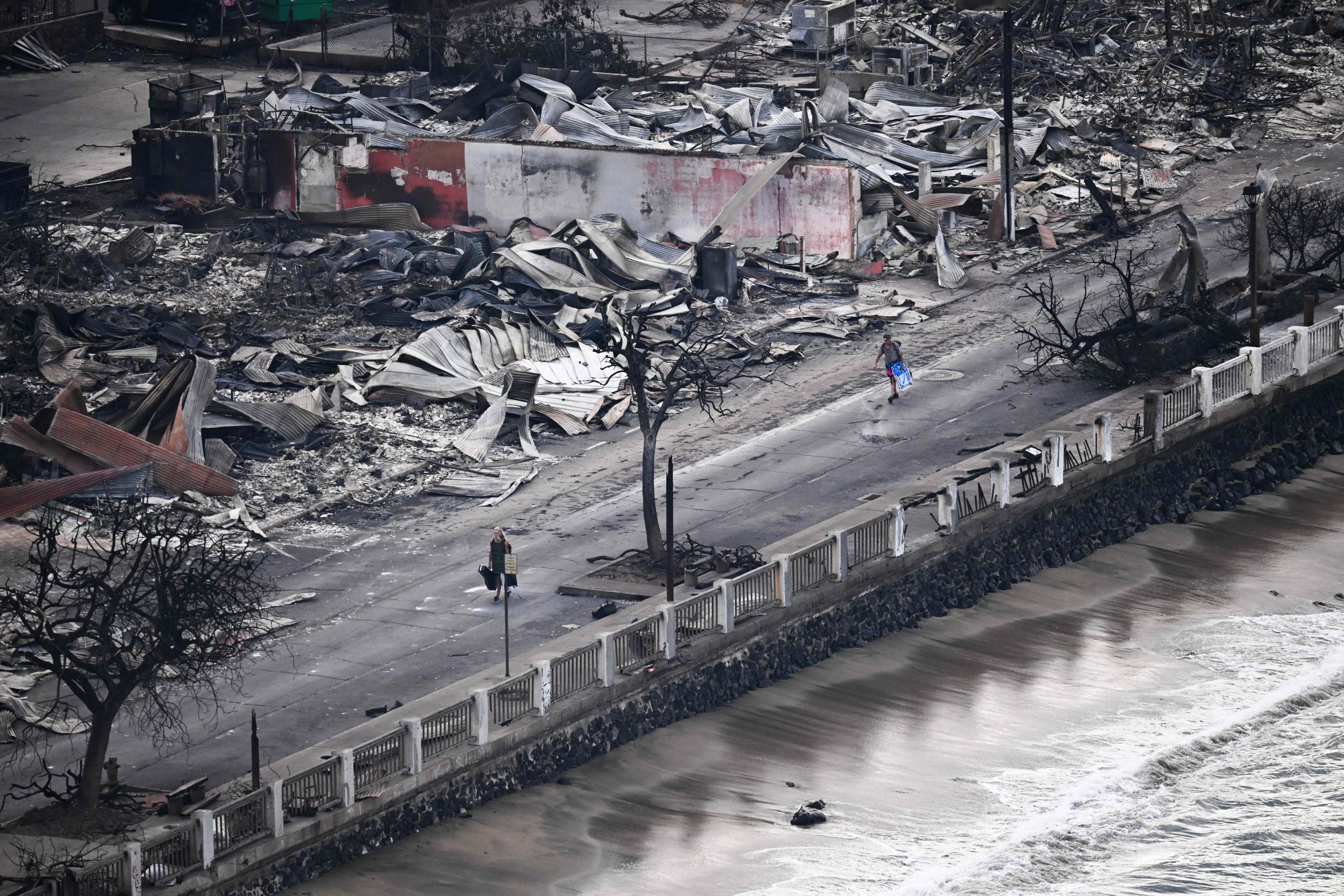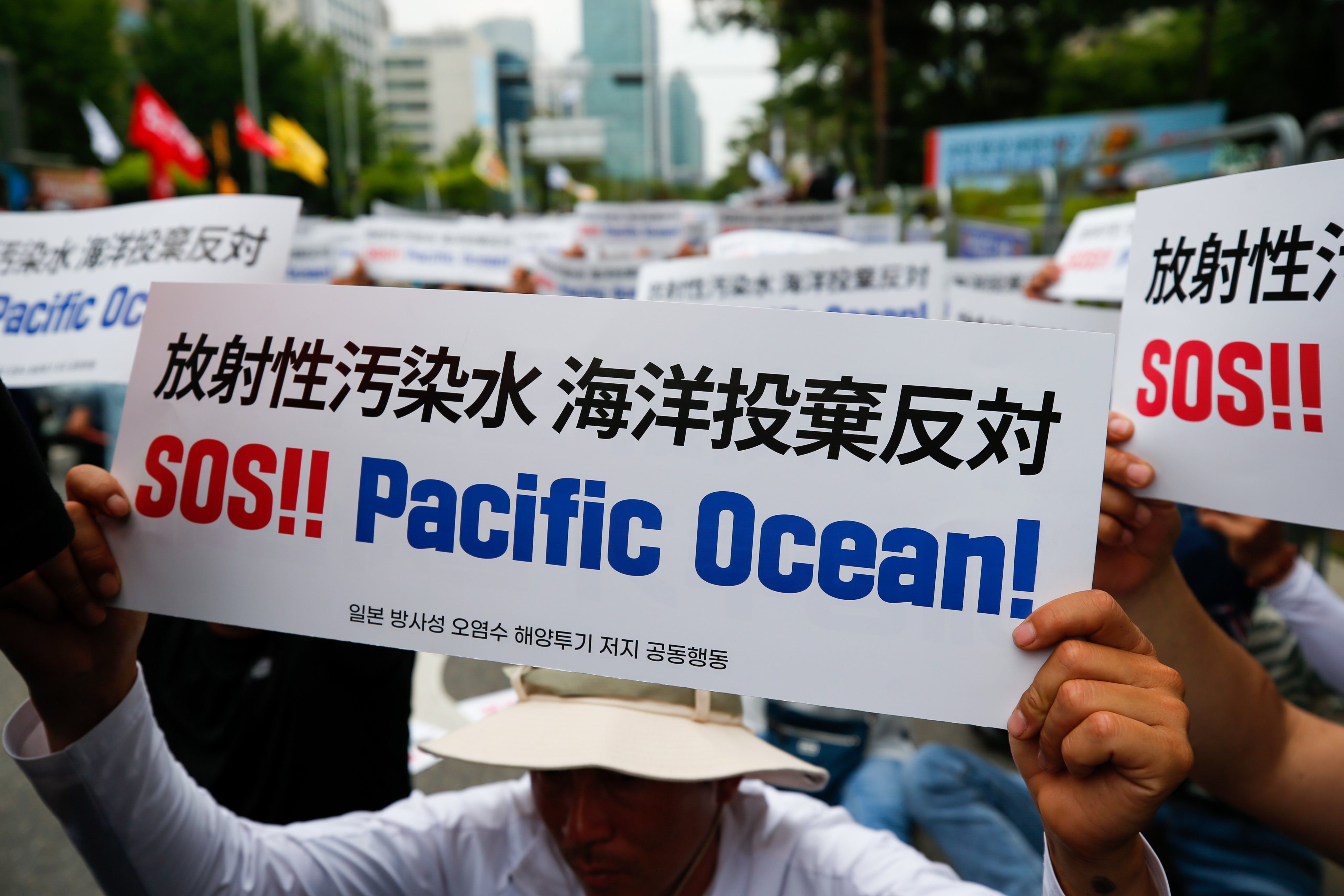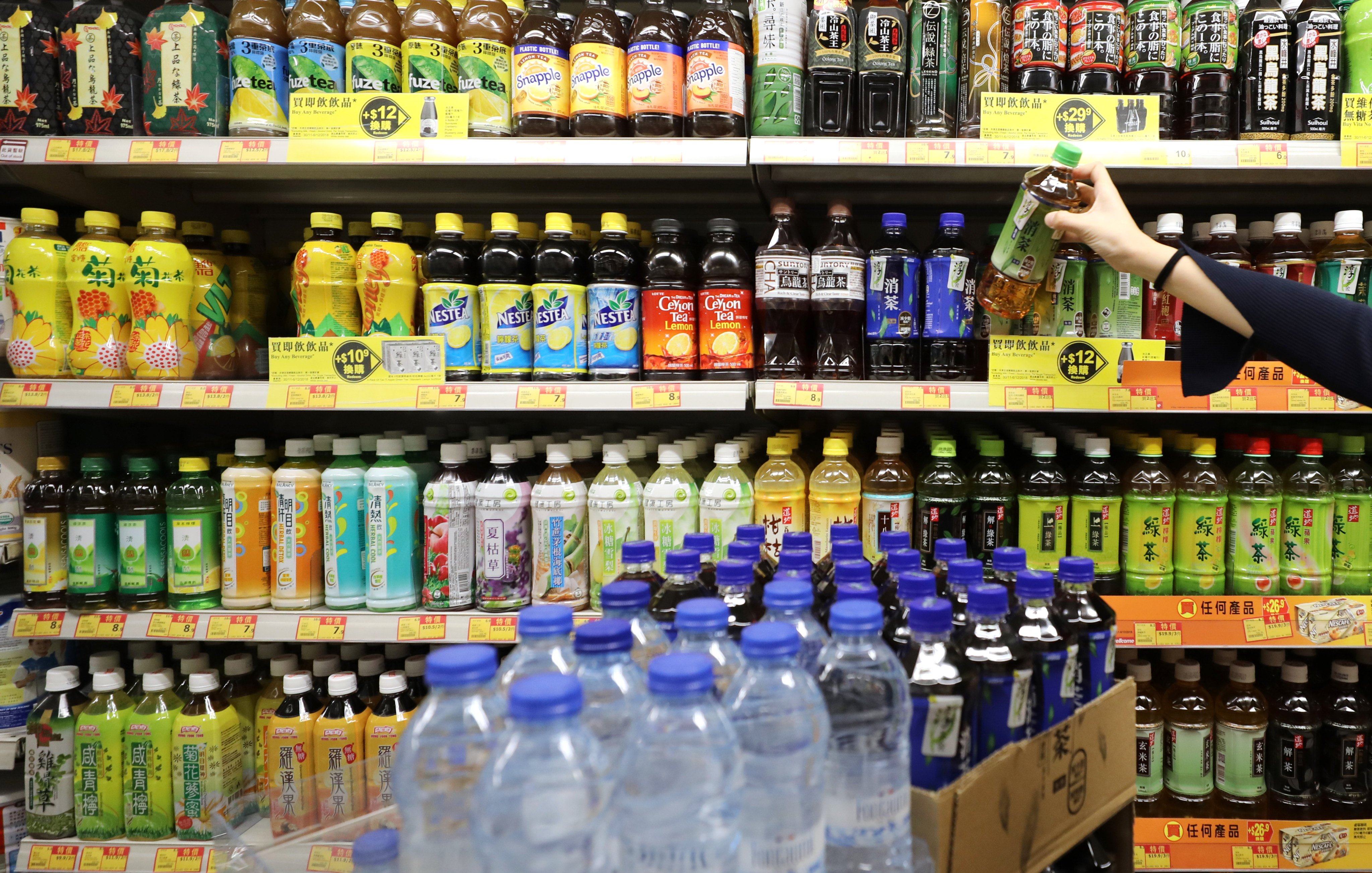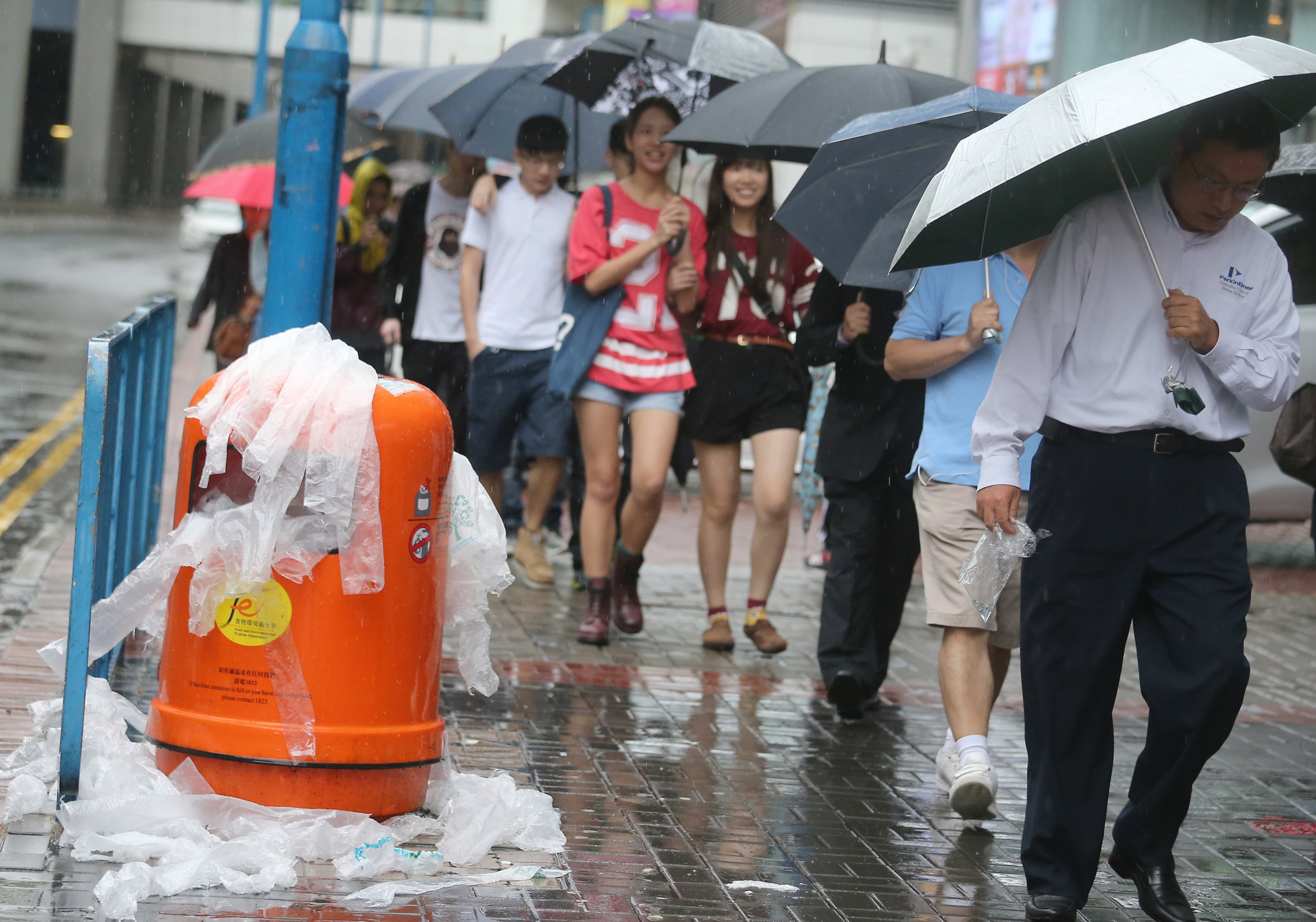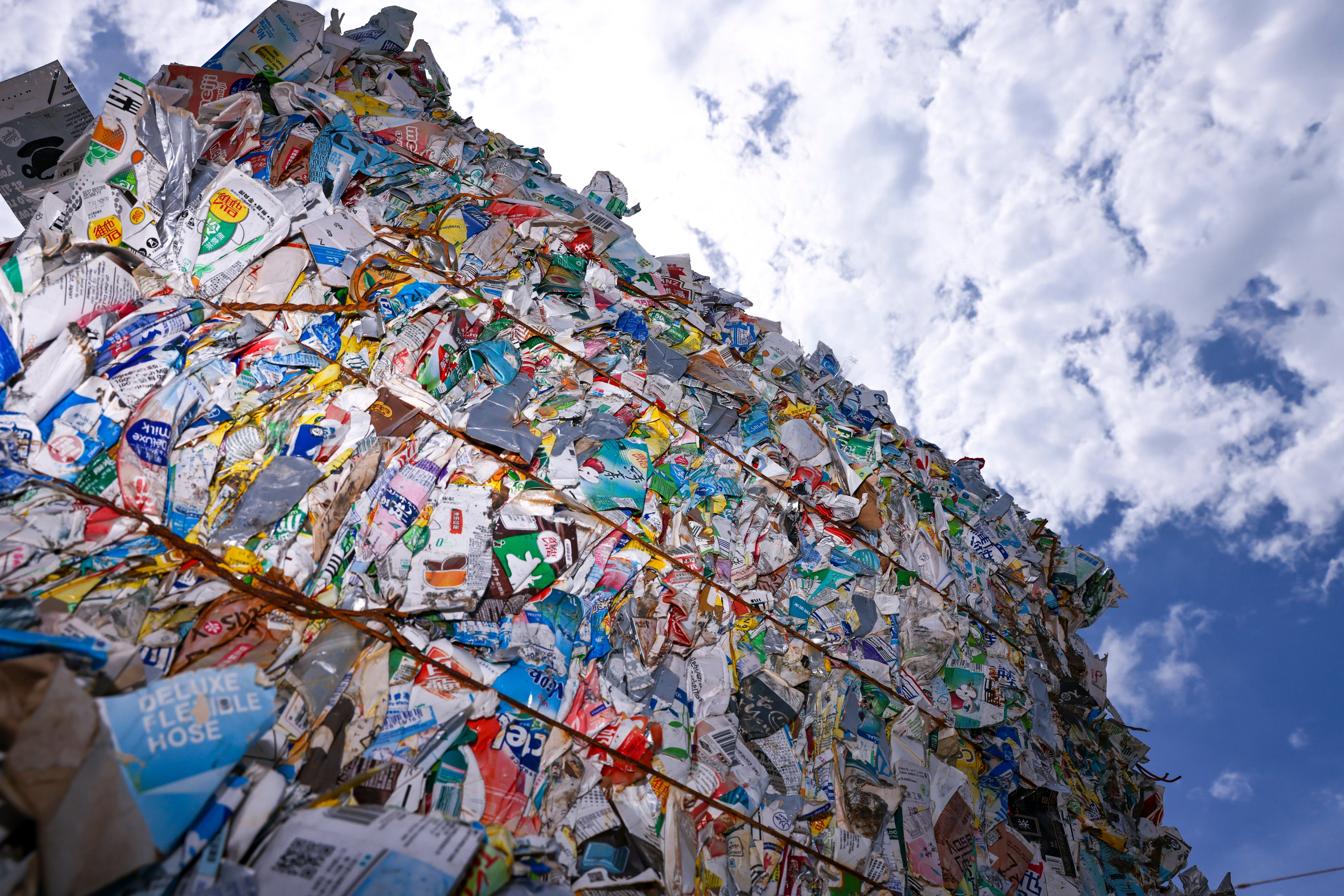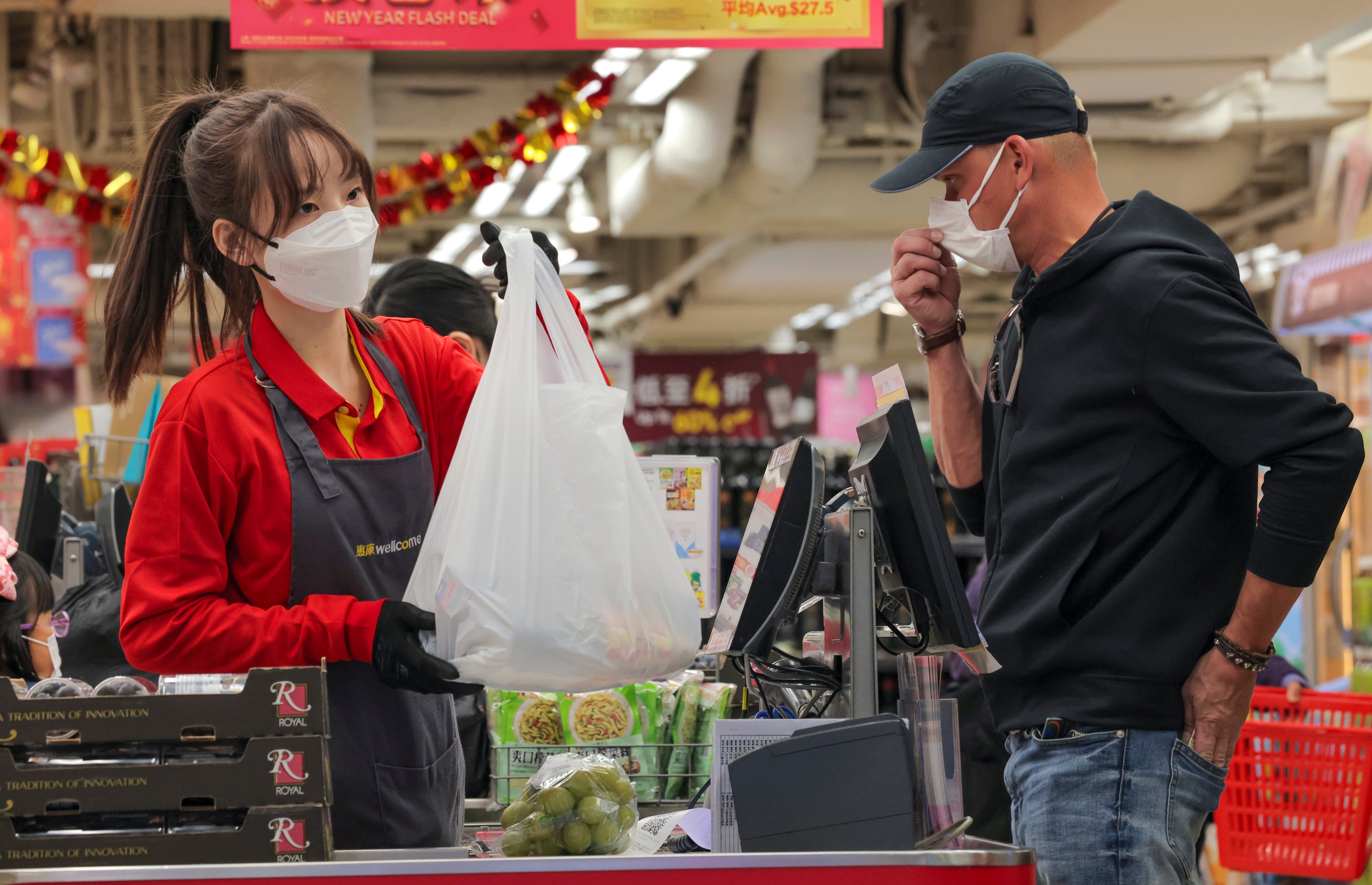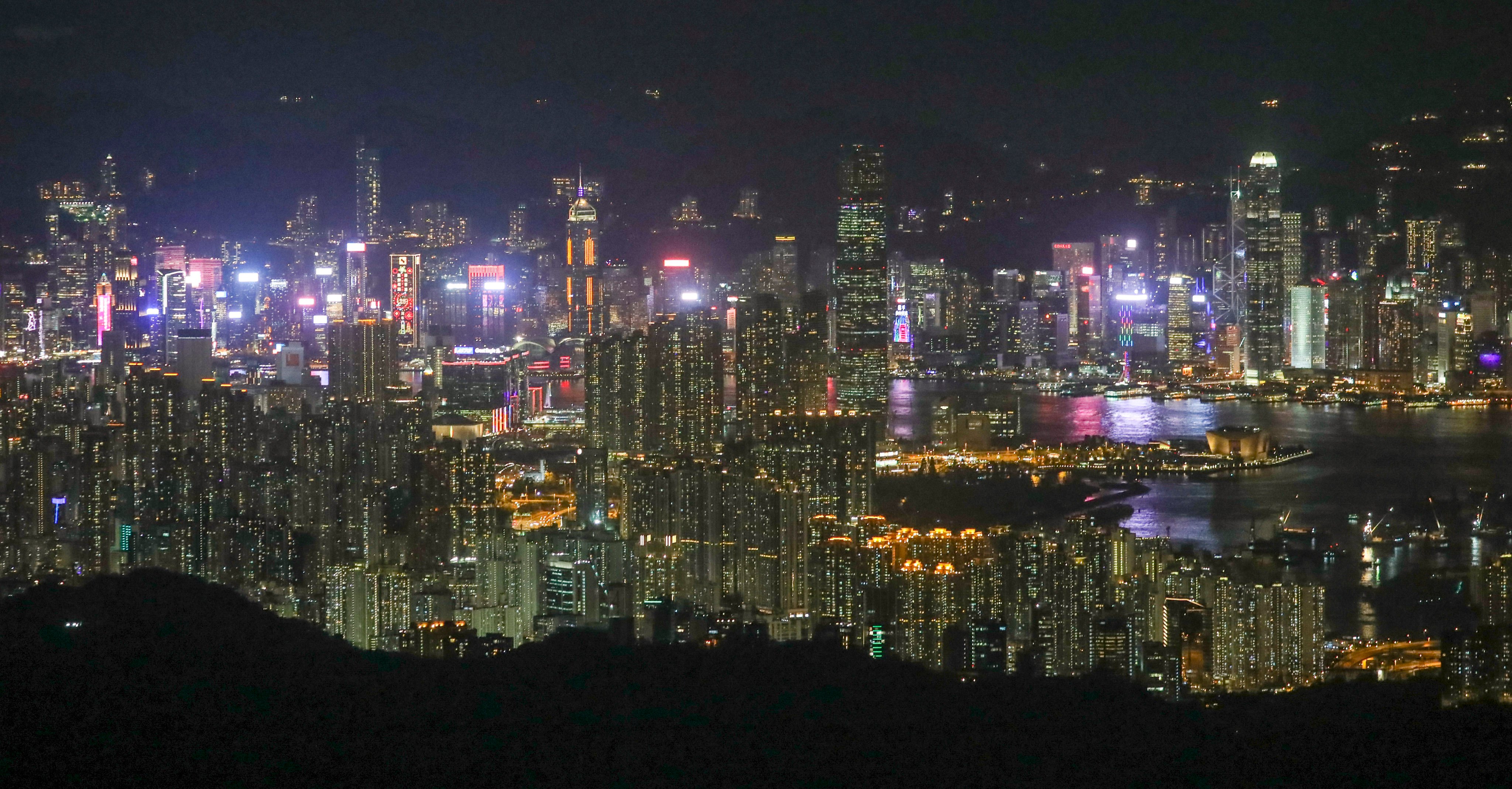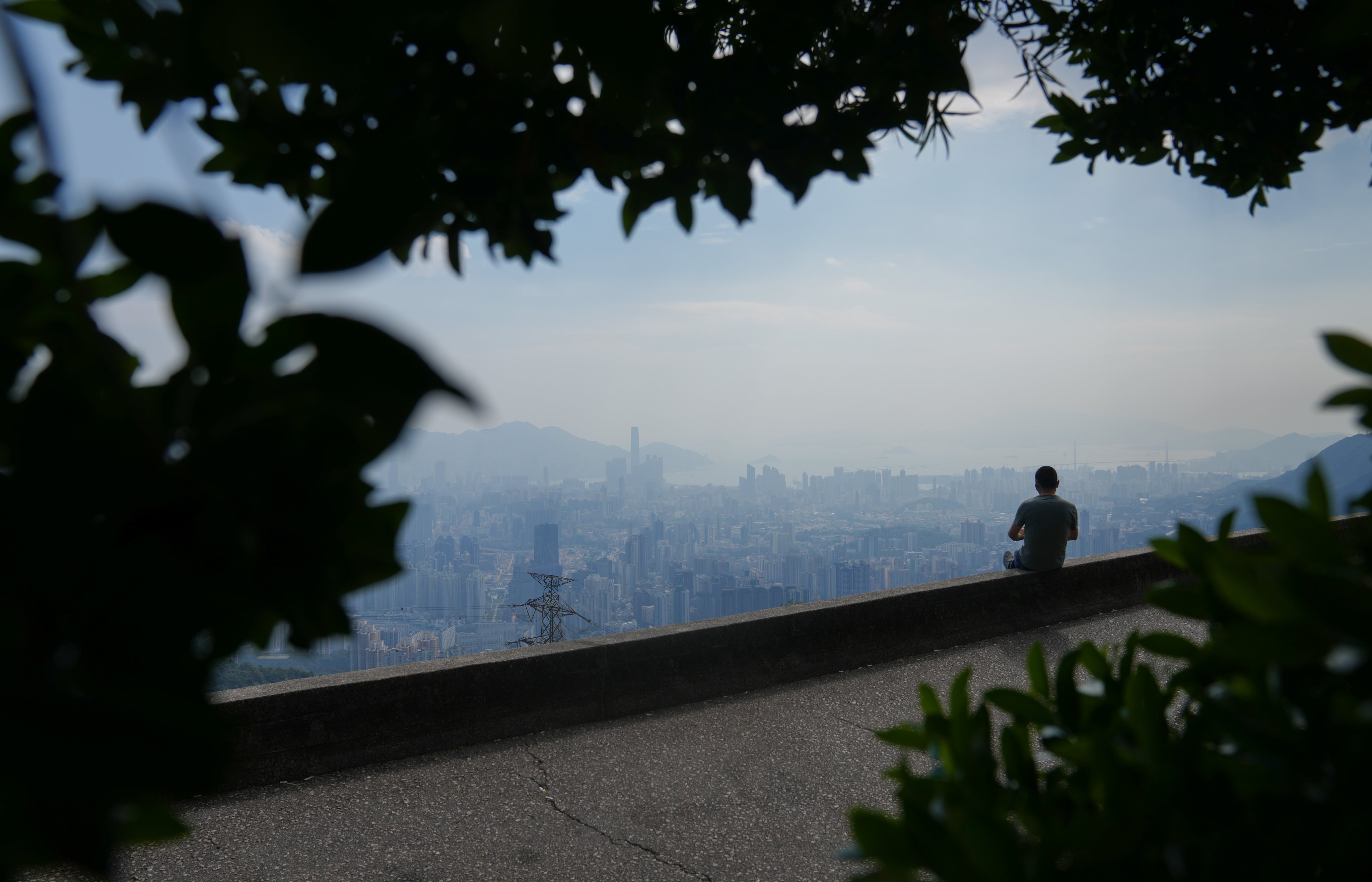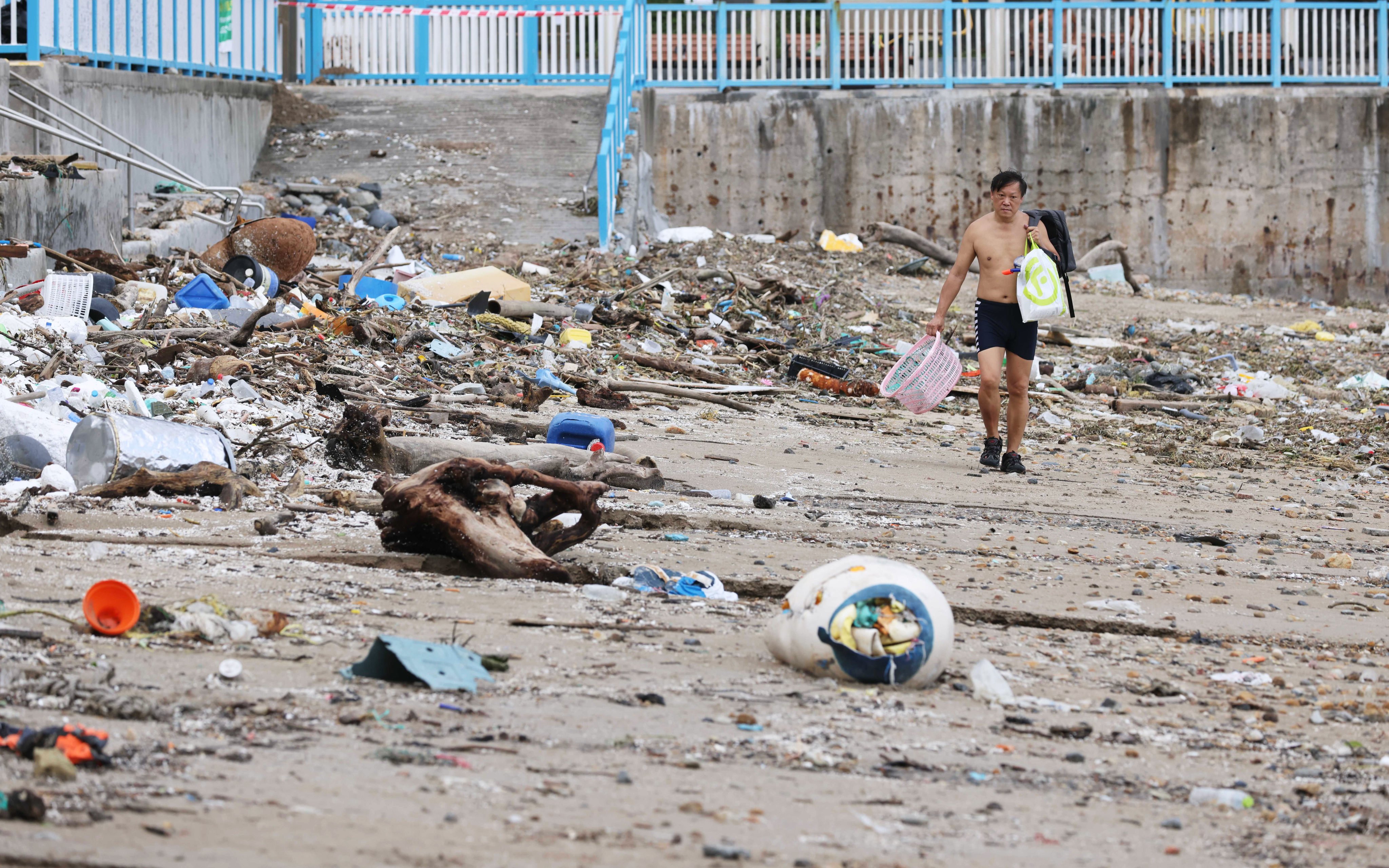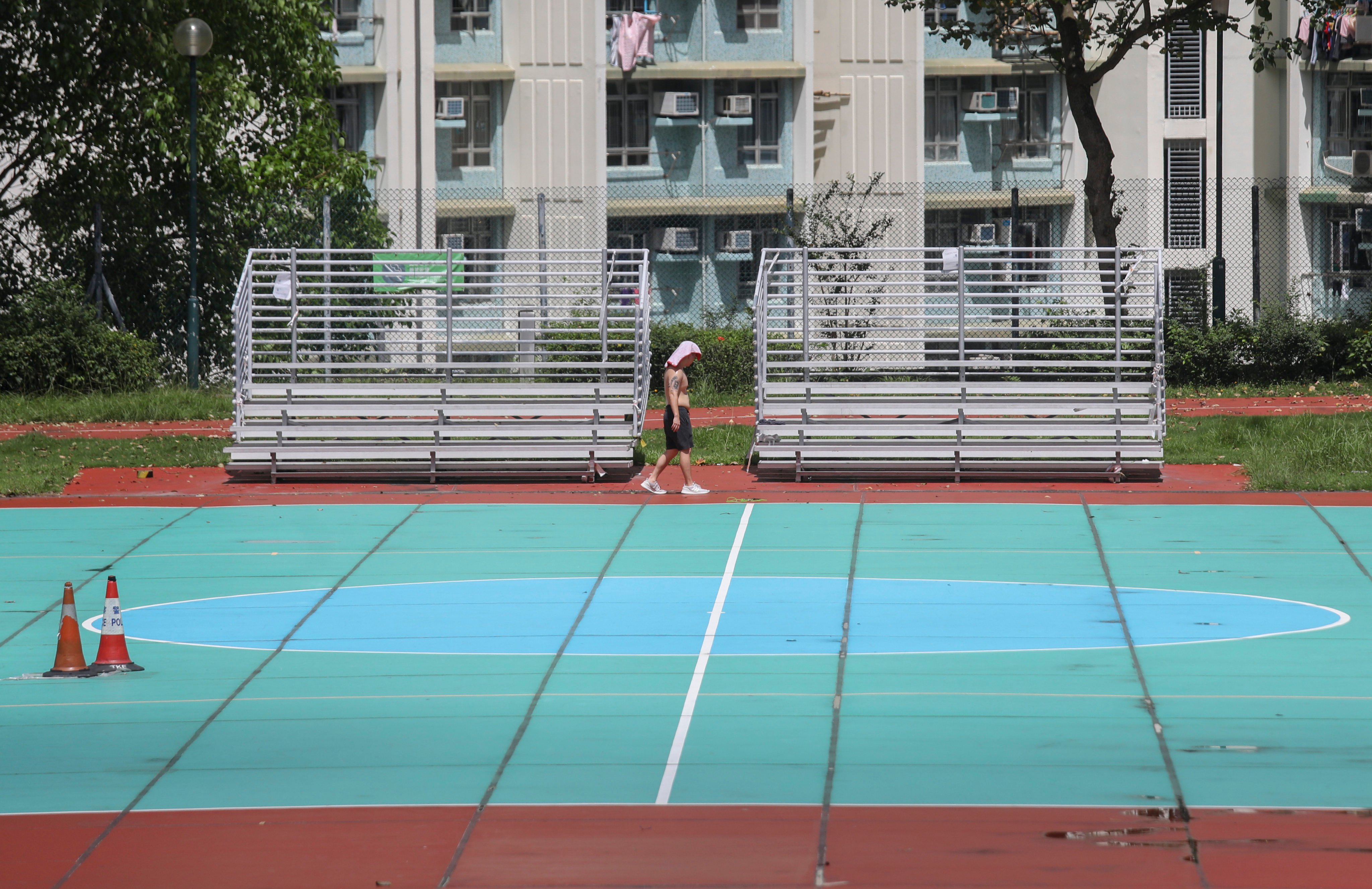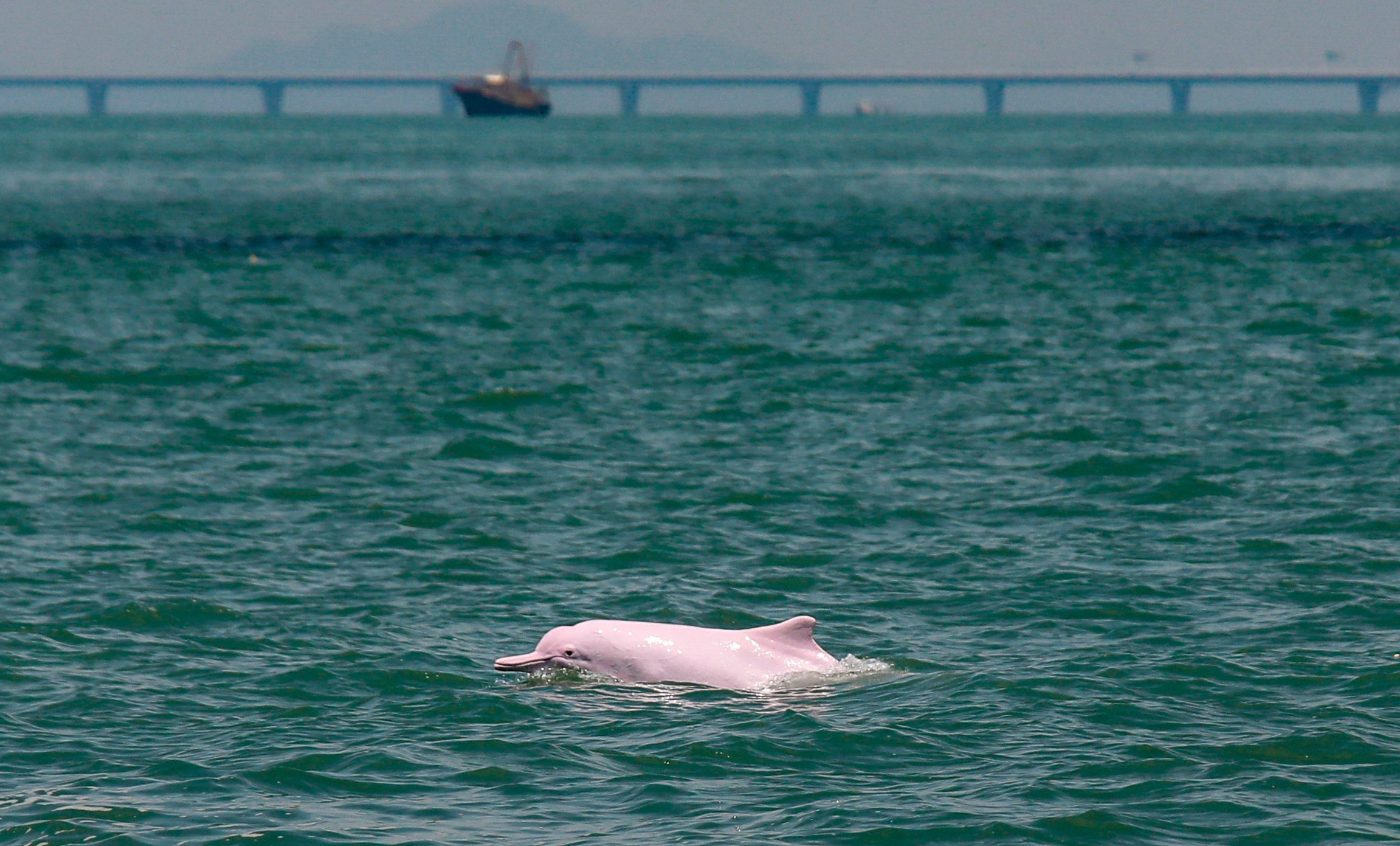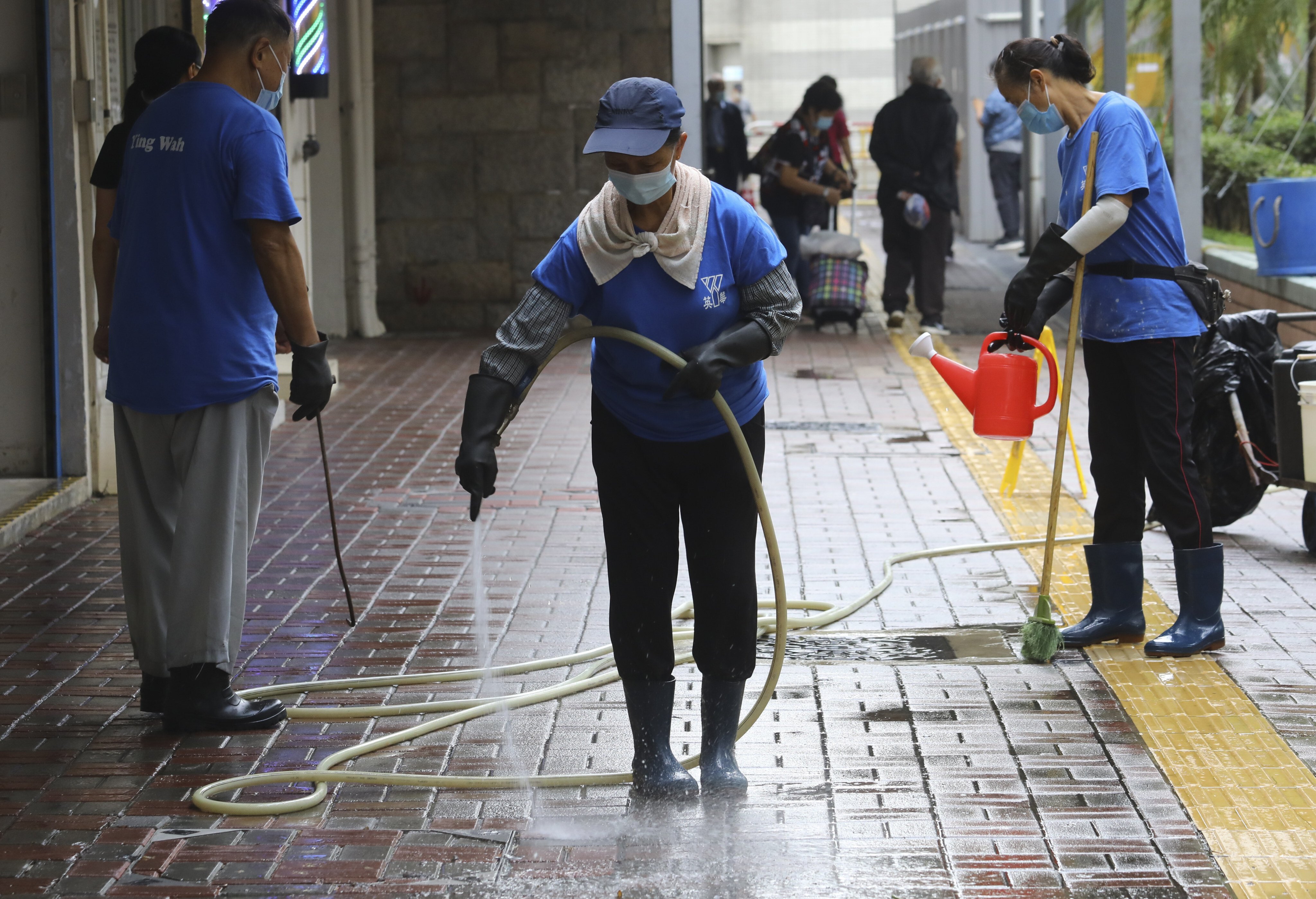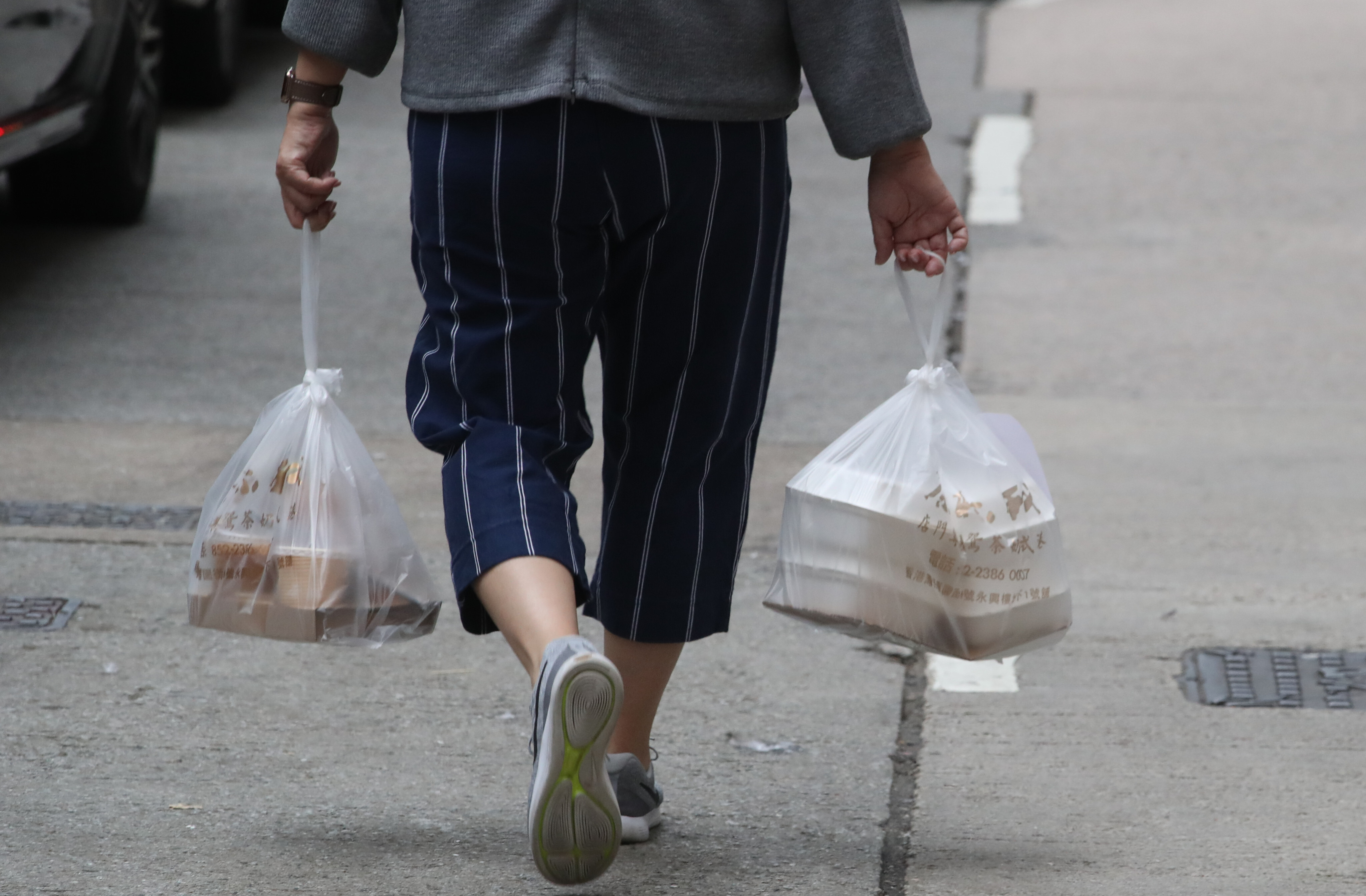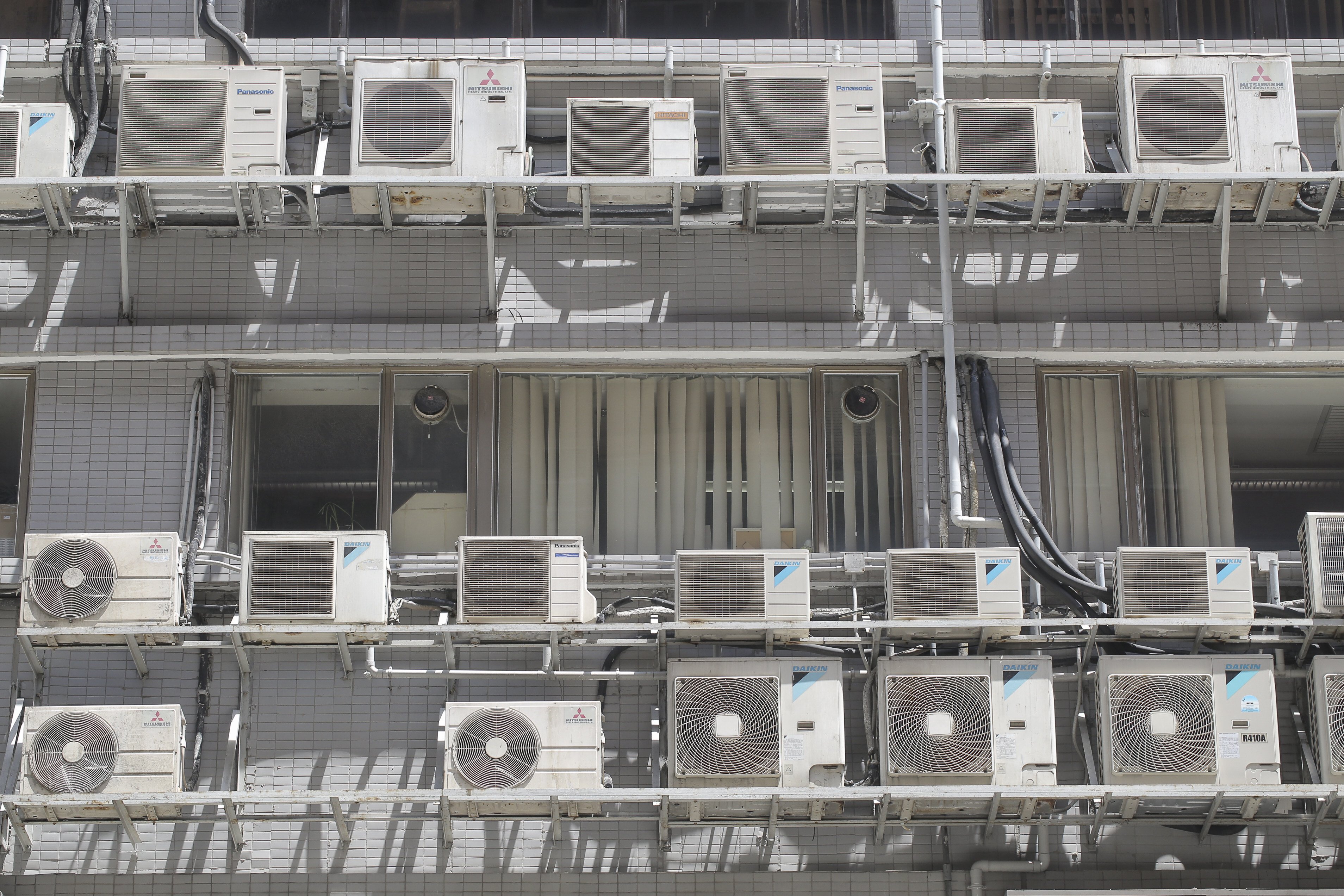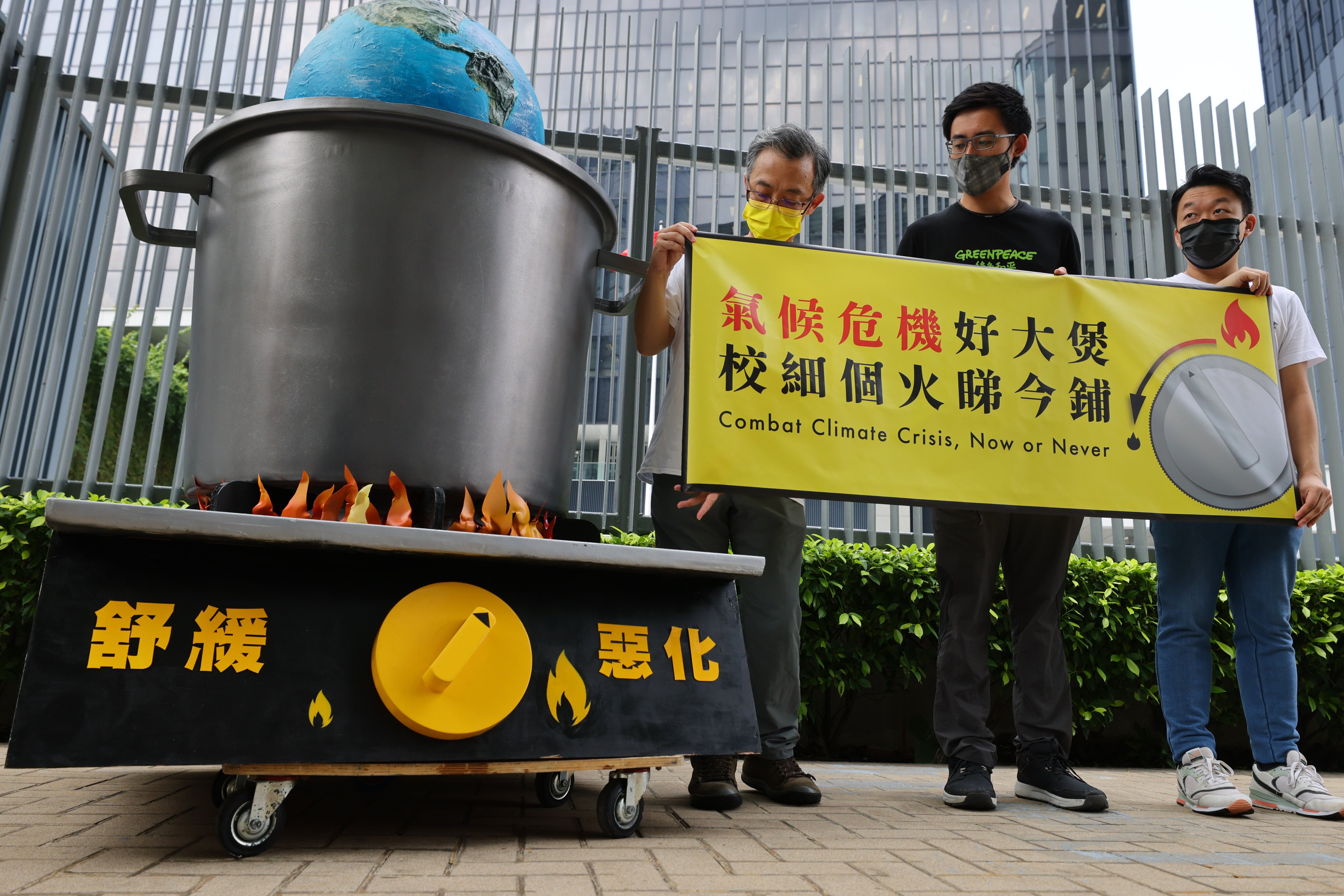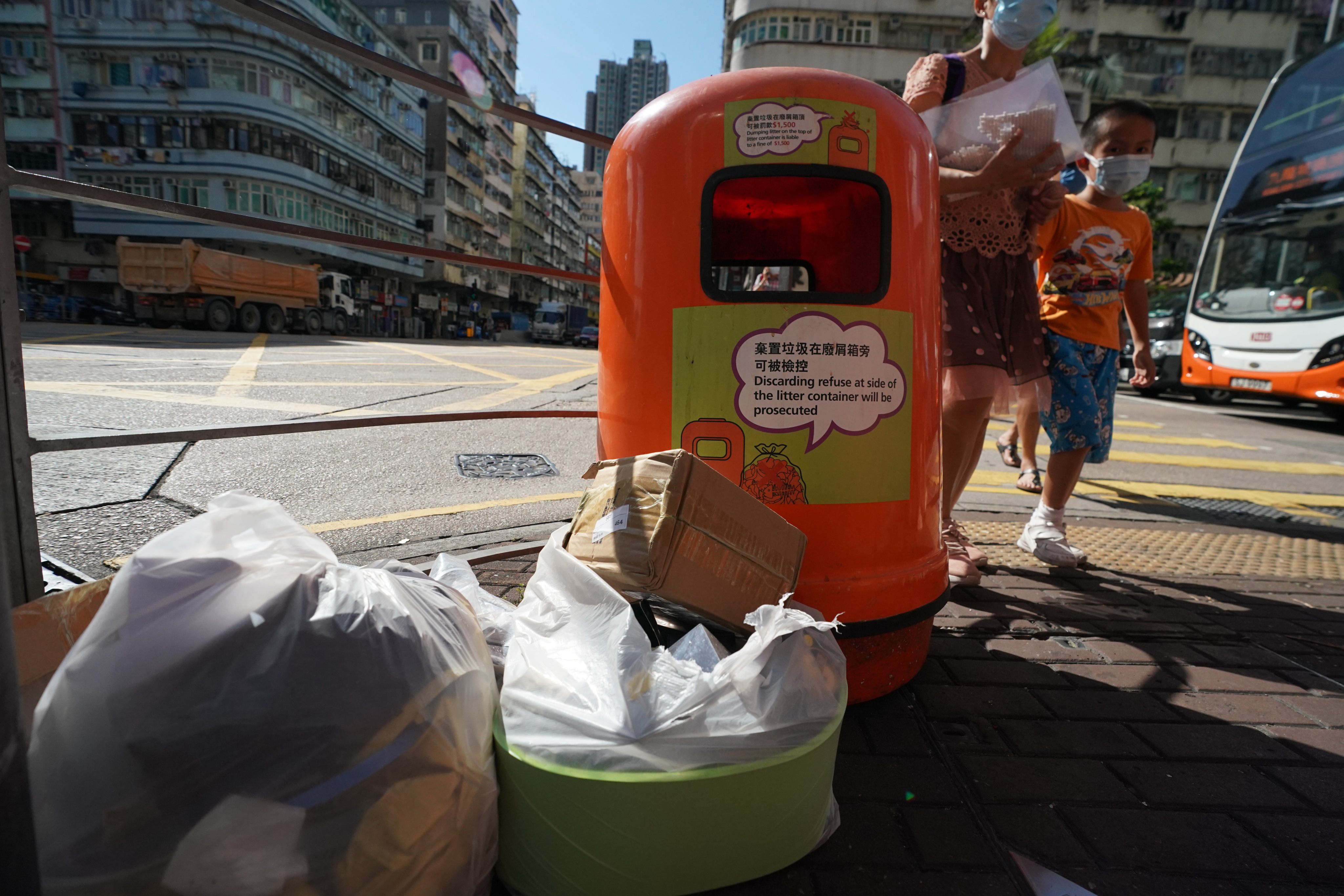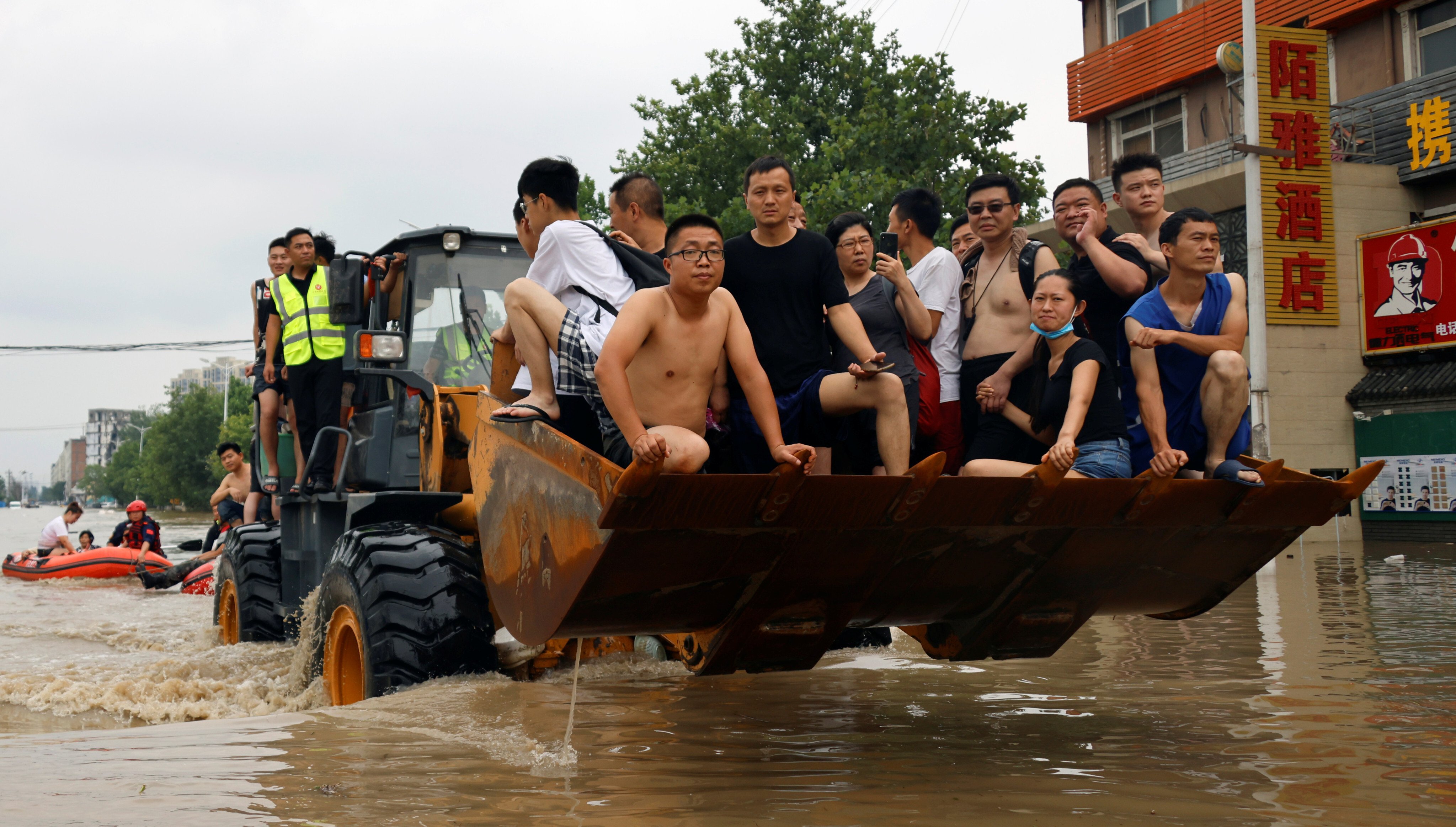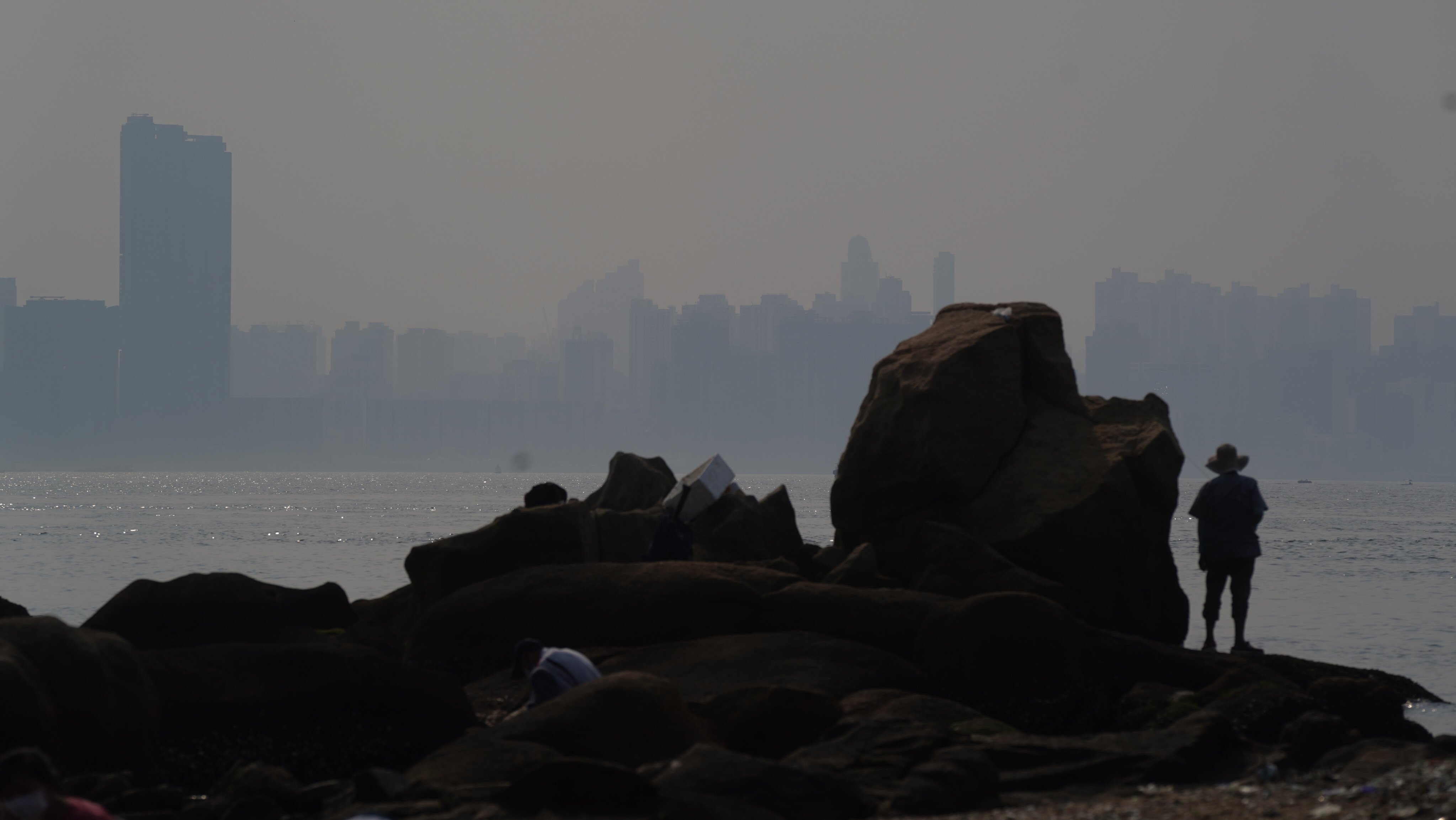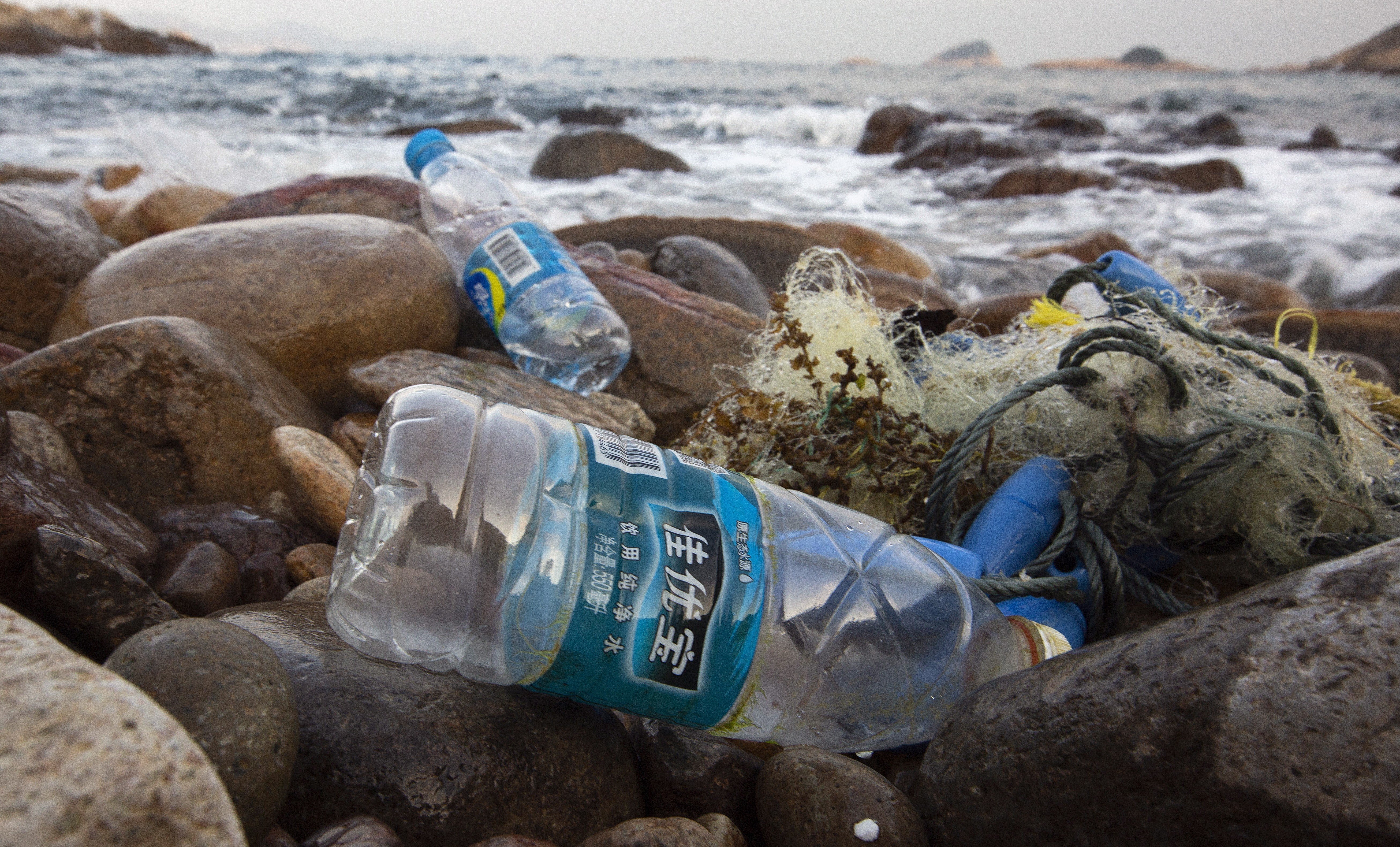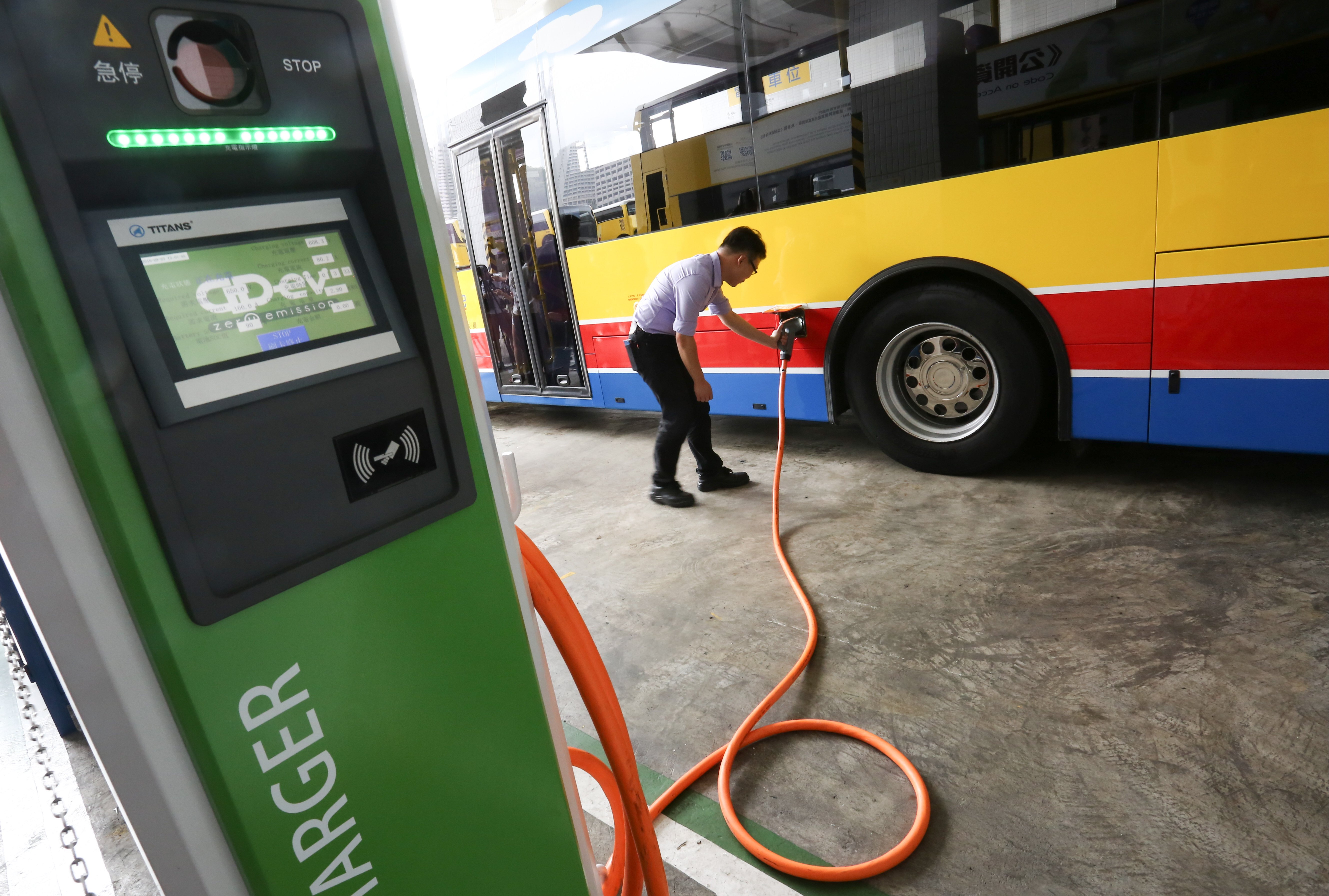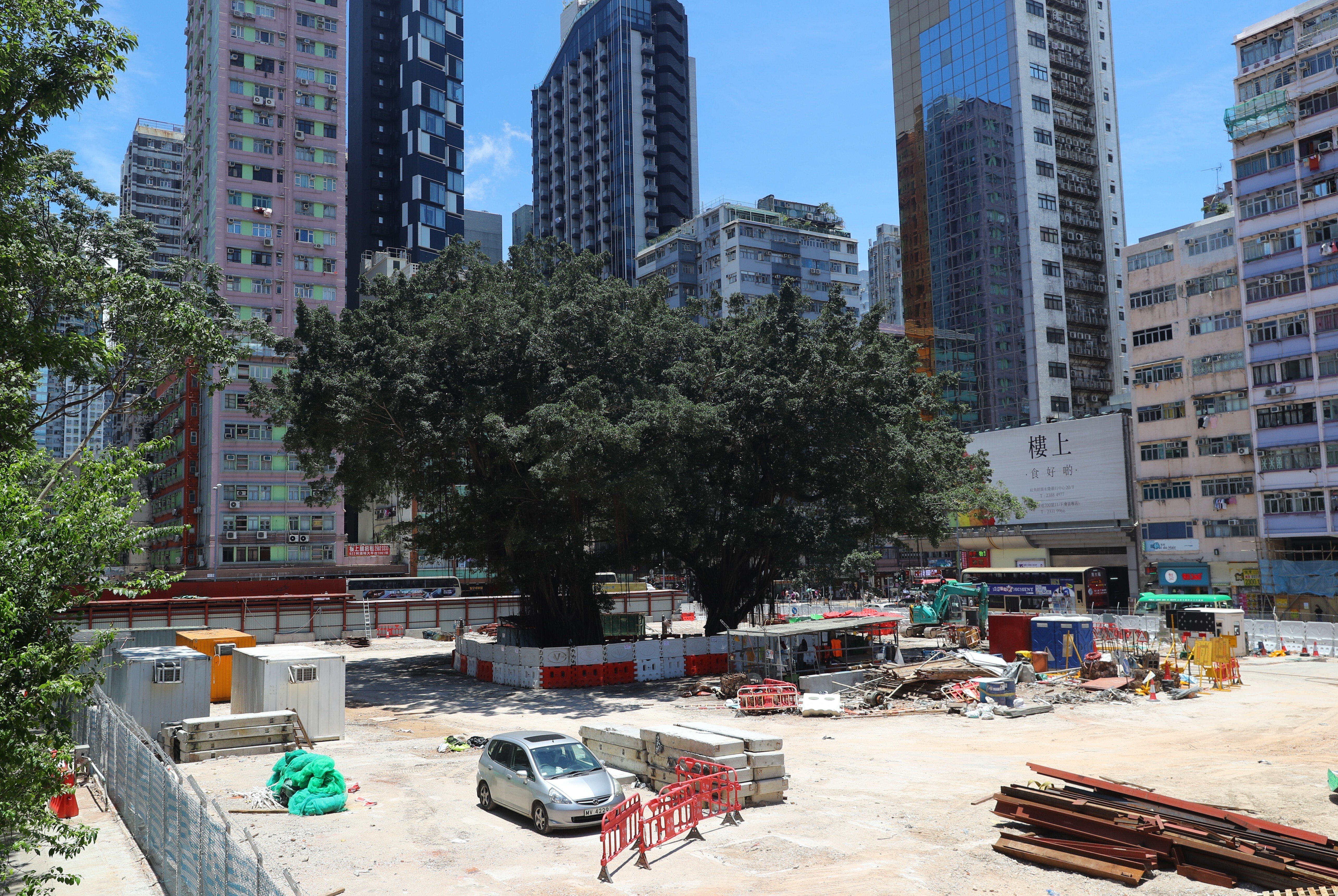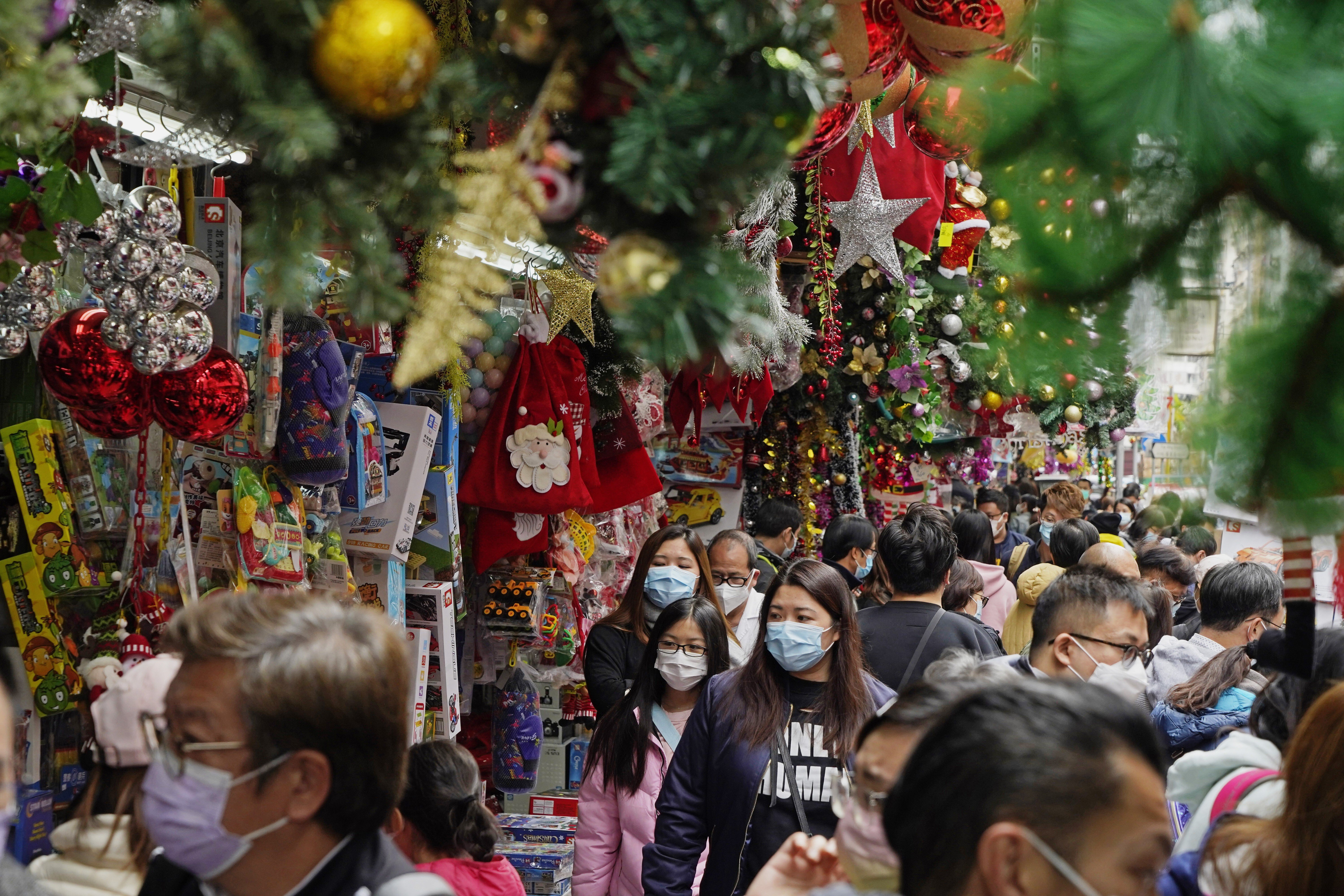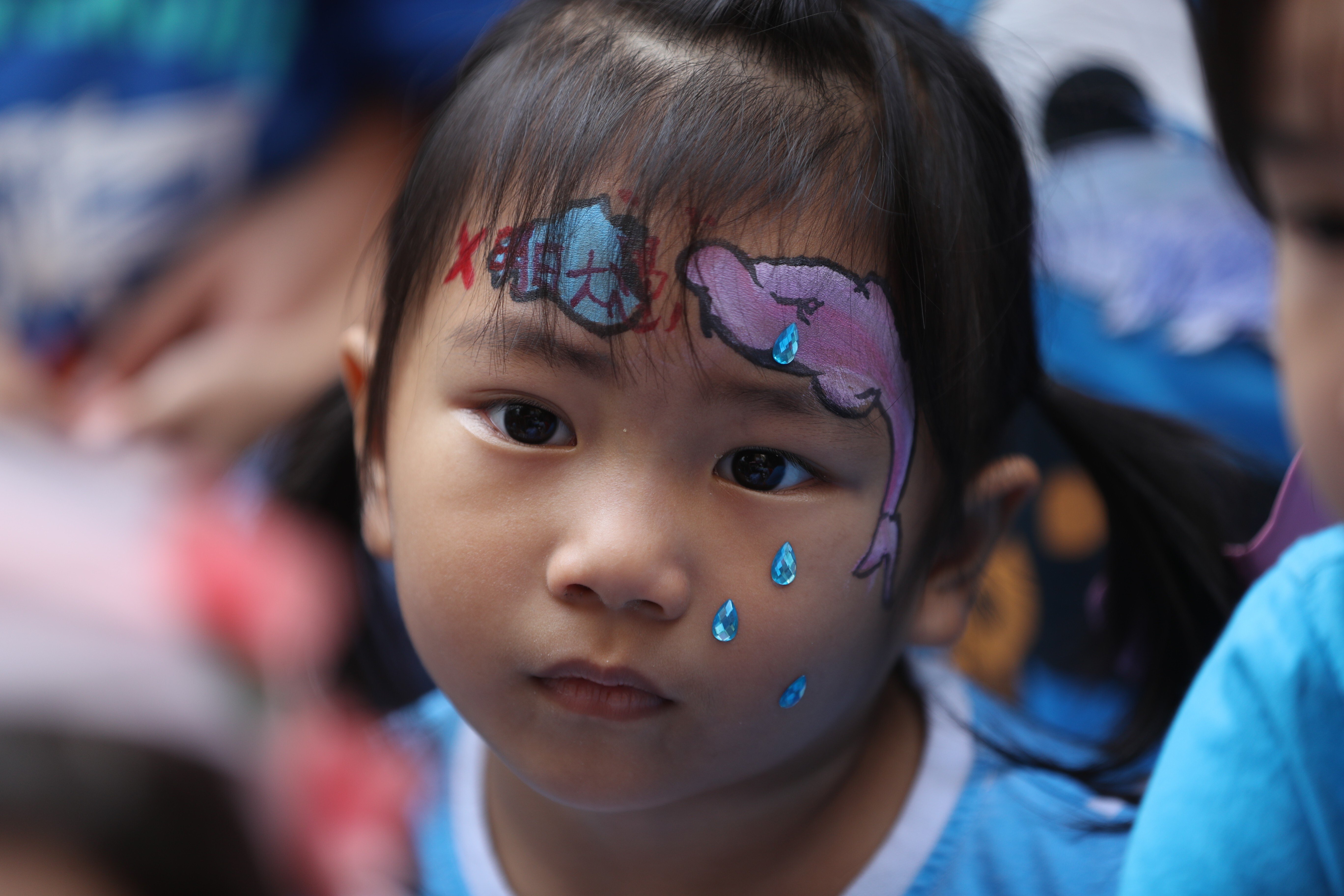
Many restaurants have started to switch from plastic disposables to greener disposables – but Hong Kong should be pushing for reusables right from the start.
Officials should use the extra time to improve the city’s waste management facilities, such as by expanding the recycling network. To minimise hiccups once the scheme does kick in, the authorities must strengthen communication and support the most vulnerable people and businesses.
Latest data shows Hong Kong has failed to meet the targets set out in its 10-year blueprint, from recycling rates and landfill waste, to tougher legislation and building infrastructure.
Already, environment officials are warning of more delays in case of business difficulties while a government website listing plastic-free alternatives may not tell the full story.
The disruption brought by the historic rainstorm shows there is room for more improvement to the city’s stormwater drainage systems. The authorities should consider using a network of nature-based solutions to effectively retain stormwater in urban environments.
A World Meteorological Organisation warning seems to have gone unheeded by the top greenhouse-gas emitters. As Hong Kong’s chief executive gears up for his second policy address, he must set firm decarbonisation targets for carbon-intensive industries.
Doubts remain over whether Japan’s treatment system for the radioactive waste water and its subsequent dilution in our oceans will make it safe. Importantly, we cannot afford to upset our fragile marine ecosystem.
he city’s most advanced plastic recycling facility is struggling to maintain operations due to a lack of feedstock, while most PET bottles continue to be thrown away. It’s time to make producers responsible for their plastic waste and offer a deposit return high enough to change consumer behaviour.
Excessive use of plastic is often cast as a waste issue that can be solved through recycling. However, globally, only 9 per cent of plastic waste is recycled. Use of degradable plastics will not help in the absence of recovery systems for such plastics in the city.
World Water Day is an occasion to take stock of progress towards the sixth sustainable development goal on ensuring access to safe drinking water and sanitation for all. Hong Kong must take its cue from water-stressed nations that have applied sound strategies and technologies to address water scarcity.
The government’s plan for a new drinks carton recycler to be up and running in just a few months is unrealistic. Rather than piecemeal solutions, Hong Kong needs producer responsibility legislation that comes with an initial recycling target rate of 70 per cent.
Despite a change in leadership and putting new policies in place, Hong Kong’s efforts to reduce waste appear to be failing. The municipal solid waste disposal rate is almost double the target set in 2013, and it is too easy for customers to evade the new plastic bag levy.
Turning to the use of coal is not the answer, with the world – Hong Kong included – facing the worrying scenario of sea level rise. Across the city, however, home dwellers, commercial landlords and tenants can do their bit to conserve energy and reduce carbon emissions.
The policy address should have included measures and incentives to significantly reduce energy consumption in the city. John Lee also missed the opportunity to promote green growth through investment in sustainable energy sources.
With Hong Kong facing mounting environmental threats, there are plenty of tried-and-tested policies that could be easily implemented. But to allow for the development of new and green technologies in the city, the mindset of officials first needs to evolve.
Deadly heatwaves and record temperatures should alert us all to the rising impact of climate change. Unless we are willing to make real changes to our current unsustainable way of life, we can expect hotter temperatures and more extreme climate threats in the future.
For years the government has pursued growth at the expense of sustainability, with environmental policies proving inadequate or painfully slow to materialise. Chief Executive John Lee’s promise of measurable impact means he needs to deliver on key indicators like pollution levels and population figures for endangered species.
Thanks to climate change, Hong Kong on is track to become hotter and dryer in the future, putting our reservoir supplies at risk. Yet instead of doing more to save water, consumption has hit new highs since the start of the pandemic.
As use of plastic dining utensils spiked in 2020 due to Covid-19, recycling rates dropped to their lowest levels since 1997. Given that 7 per cent of Hong Kong’s carbon emissions come from landfills, reducing and recycling waste has to be a priority to achieve carbon neutrality by 2050.
Like many governments post-COP26, Hong Kong is working on phasing out coal. As it waits for green hydrogen and wind farms, a fast and easy way is to legislate for energy efficiency in buildings, which produce 60 per cent of the city’s carbon emissions.
Just launching action plans or road maps is not enough if there are no clear, binding standards to keep the government and major carbon emitters accountable. A regulatory approach would help make climate change pledges stick and aid other goals.
Pro-establishment lawmakers have pushed the government into taking another 18 months to implement the waste charging scheme. Officials claim that order has been restored in Legco, but the system doesn’t seem to be working effectively with regard to environmental goals.
Climate change is all around us, from severe flooding to deadly wildfires. Hong Kong needs to raise energy efficiency standards, decarbonise the economy and promote green investment to get to carbon zero by 2050.
The Clean Air Plan for Hong Kong 2035 will embrace the latest technology and provide the public with easily accessible information. Those executing the plan need clearly defined targets as taking several years to meet lowered expectations is no longer acceptable.
The suggestions in the government’s public consultation will only make the city’s plastic bottle problem worse. Mandatory reduction and recycling targets with meaningful penalties for producers and importers are needed.
The scope of the city’s plan to promote electric vehicles is too narrow, focusing on private vehicles instead of buses and trucks. The Environment Bureau’s failure to recommend a policy direction despite hundreds of trials is deeply disappointing.
The blueprint lacks a timeline that can be tracked, and buried under its apparently laudable goal of a 40-45 per cent reduction in waste is the fact that the new targets are actually less ambitious than the previous ones.
Around the world, countries’ bans on microbeads have triggered companies to remove polluting particles from products. Hong Kong must deploy effective measures against microplastics, given the potential threat they pose to public health.
In 2019, Hong Kong fell short on several key waste reduction targets. The continuing use of disposable face masks, popularity of online shopping and food delivery will only exacerbate the problem.
The chief executive is determined to push ahead with her Lantau Tomorrow Vision as a solution to the housing crisis, but the environmental costs – for both Hong Kong and the mainland – are being glossed over and less ecologically damaging options effaced.

